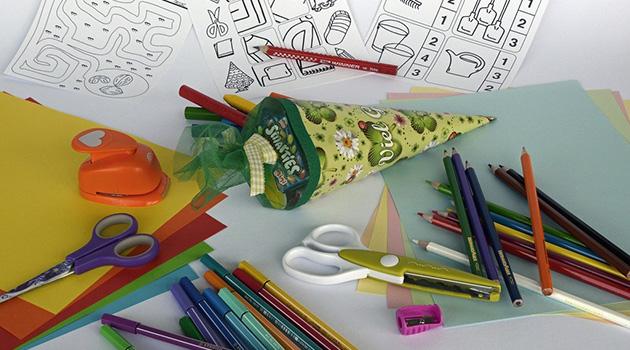Czech School Inspection maps successful primary schools, official says poor academic performance is not just a problem of excluded Romani pupils

Czech Radio Plus reports that a new study by the Czech School Inspection (Česká školní inspekce – ČSI) has been mapping 13 chosen schools that it terms successful in various respects. The primary aim of the study was to find the common features of the education being provided by successful primary schools in the Czech Republic.
“Domestic and international investigations concentrating on assessing educational outcomes point to the existence of significant differences among the Czech schools. This fact, therefore, naturally motivates an interest in identifying the factors that may characterize the successful schools. What are the common features behind the success of those schools? How can we initiate change in less successful schools? What lies behind our comprehension of the answers to these questions is an important practical benefit associated with opportunities to learn from the example of the inspirational praxis in successful schools,” the ČSI writes of the report.
According to the chair of the Czech Government Committee on the Rights of the Child, Klára Laurenčíková, the report describes good practice from schools that know how to advise all of their pupils. “That includes those pupils who arrive with different degrees of ‘baggage’, who come from complicated environments. This indicates that there is a certain direction to follow that makes sense,” Laurenčíková told Czech Radio Plus.
“Czech society is not very aware how much greatly depends on where a child is coming to school from. Many people believe this problem is just in Chánov and other excluded localities, but the line between families that can provide good backup to pupils and those in an inverse situation is quite a thin one even within one and the same region. This problem exists across the board,” Deputy Central School Inspector Ondřej Andrys said of the report.
“A school cannot solve all the pains of society. However, it is being demonstrated that given how much time pupils spend there, a school has many chances to compensate for their different disadvantages. The situation is sometimes quite bad, but a school has the opportunity to provide aid,” Andrys emphasized, while also warning against perceiving complex socioeconomic situations in a stereotypical way.
“These are not Romani children from excluded localities. We are speaking about families with complex housing situations, in collections proceedings, with complicated family relationships. This impacts a big part of Czech society, therefore,” he told Czech Radio Plus.